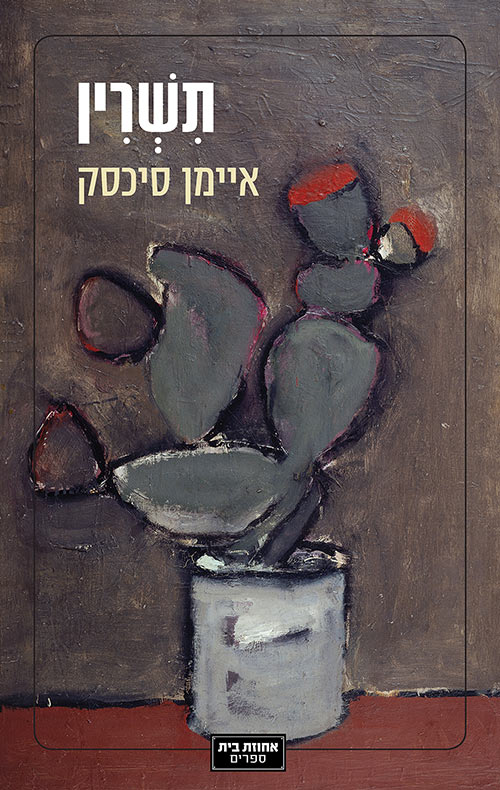
Blood Ties
Wahid Atef is a young Arab chemistry lecturer at Haifa University. One day he finds an old photo of a young woman in his mother’s clothes closet at her home in Jaffa. The discovery disturbs him, and awakens a dormant family secret. Wahid decides to renew his connection with his older brother, Zohir, who is in jail. He writes him a letter, after a lengthy period of time during which there has been no contact between them. He asks Zohir to tell him what he knows about their aunt, Nadia, who was murdered forty years before and whose death has always been shrouded in an oppressive silence. But Zohir doesn’t acquiesce. Their mother also refuses to tell him the story of her dead sister. Even Wahid’s wife hides something from him. All of this intensifies his curiosity. The investigation of the family secret grips him, and gradually he comes closer to learning what it is, only to realize that the discovery will change not only his own life but the whole family’s life. Was Nadia murdered because her husband, who was from Gaza, thought she was betraying him, or because she opposed his nationalistic activities? Either way, Wahid’s attempts to grasp the circumstances of his aunt’s death becomes an examination of his own identity.
Blood Ties is a novel about a family in which concealment and falsehood are passed down from generation to generation like a cursed inheritance. The heroes of the book long to reach out and touch their loved ones but time and again they fail: letters get to the wrong people, phone calls aren’t picked up, and garbled memories become facts. The book takes its readers on the characters’ journeys between Jaffa and Haifa, Gaza and the Galilee village of Eilabun, and between the characters’ consciousness. They find themselves trying to reach a historical truth which apparently had its beginnings in a Jaffa orange grove that a middleman was trying to sell to Jews, a truth whose end is unknown.
Ayman Sikseck, writing in a lyrical Hebrew about characters who are for the most part Israeli-Arabs, marvelously tells about people whose national identity has been branded onto the stories of their lives and has determined their fate.

-
“A unique literary accomplishment. An excellent novel and a must read.”
-
“Blood Ties is a family-national novel woven with great sophistication and talent, and it places Sikseck right in the heart of the arena of contemporary Hebrew literature. In many ways, Sikseck is continuing the literary revolution that Anton Shammas began with his novel Arabesques … Blood Ties does a good job of depicting Palestinian characters at all levels of their society. ”
-
“Before starting to read Ayman Sikseck’s lyrical and moving book, which is at the top of the bestseller lists, you should take a lot of deep breaths. You’ll need the air to help you handle the intense descriptive style which the author has chosen in order to recount the life stories of his characters, the members of an Israeli Arab family … Sikseck uses a gamut of literary means in order to leave the reader tense and empathetic …A detective story full of contrasts. ”
